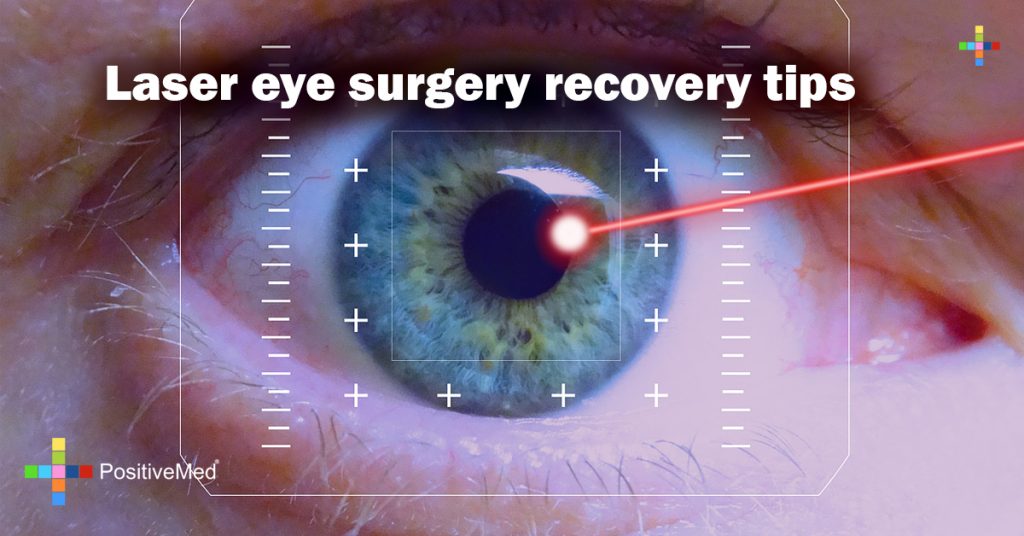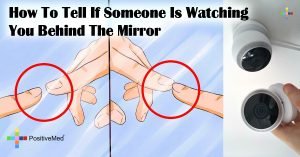Laser eye surgery recovery tips

Some patients immediately notice improvement of the vision after the laser intervention. However, the vision immediately after the procedure is quite watery. The visual acuity improves the next day which usually causes the wow factor. For the majority of people the exceptionally clear vision is achieved two or three days after the intervention.
When the procedure is finished the patient will remain for another 30 minutes to make sure that everything is all right. The whole visit to the clinic takes an hour or two.
Every patient should bring sunglasses to put them on upon walking out of the clinic because it will prevent eye irritation form the substances in the environment. A few hours after the procedure some patients may not tolerate strong light and that is another reason for the sunglasses.
Before you leave the clinic the doctor will appoint the first postoperative exam for tomorrow.
Until that first examination it is recommended:
-To sleep or keep your eyes closed for the first couple of hours.
-To use artificial tears every hour or two.
-To avoid rubbing the eyes.
-To wear sunglasses if the light bothers your
-To wear plastic shells over the eyes while sleeping (this will be given to you by the doctor)
The first examination will include the vision test and the second appointment will be arranged seven days after this test.
It is forbidden to use tap water for face washing for a few days. You can use saline or unopened bottled water for this purpose. It is also recommended to avoid dusty, dirty and smoky environments. The computer use should also be avoided because of the dryness of the eye but if this is not possible it is recommended to make breaks every 30 to 45 minutes.
You will receive antibiotic drops that you will need to use for the first two weeks and later you will use artificial tears for a couple of month.
After the first week:
-You are able to return to most of your everyday activities and return to work (Returning to work is possible even after 3 days)
-Although the vision improves a lot after a few days for some patients, it can suddenly become blurry for a moment. This is completely normal in the postoperative period and most of the time it appears due to the dryness of the eye. By using the artificial tears the vision becomes clear and sharp again. This is not something that will make you unsuitable for work and other activities. This can occur even one month after the intervention. Some transient phenomena like the halo around the observed light source can occur during this period. Swimming in pools and salt water should be avoided for three to four month. It is forbidden to rub the eyes for the first 30 days. The third exam will be arranged after the first month, the forth after 6 months and after that the exam will be arranged annually.
Over 99% of patients do not experience any complications and gain a crystal clear vision. The only significant difference is that you will no longer need glasses or contact lenses.
A lot of people are more comfortable with the LASIK method because it is safe and the recovery period takes less time. The PRK method works fine for patients who have thin corneas or some irregularities of the cornea.
The benefits of LASIK:
-LASIK has made constant improvements for correcting refractive errors
-The operation is fast and the recovery is quick
-Minimal and temporary side effects
-Quick improvement
-No injection, no pain and no stitches
-The incidence of complications is 0.5 – 1%, while the incidence of severe complications is less then 0.02%.
Author bio:
Diana Smith is a full time mom of two beautiful girls interested in topics related to health and alternative medicine. For more information about LASIK eye surgery visit personaleyes.com.au.






